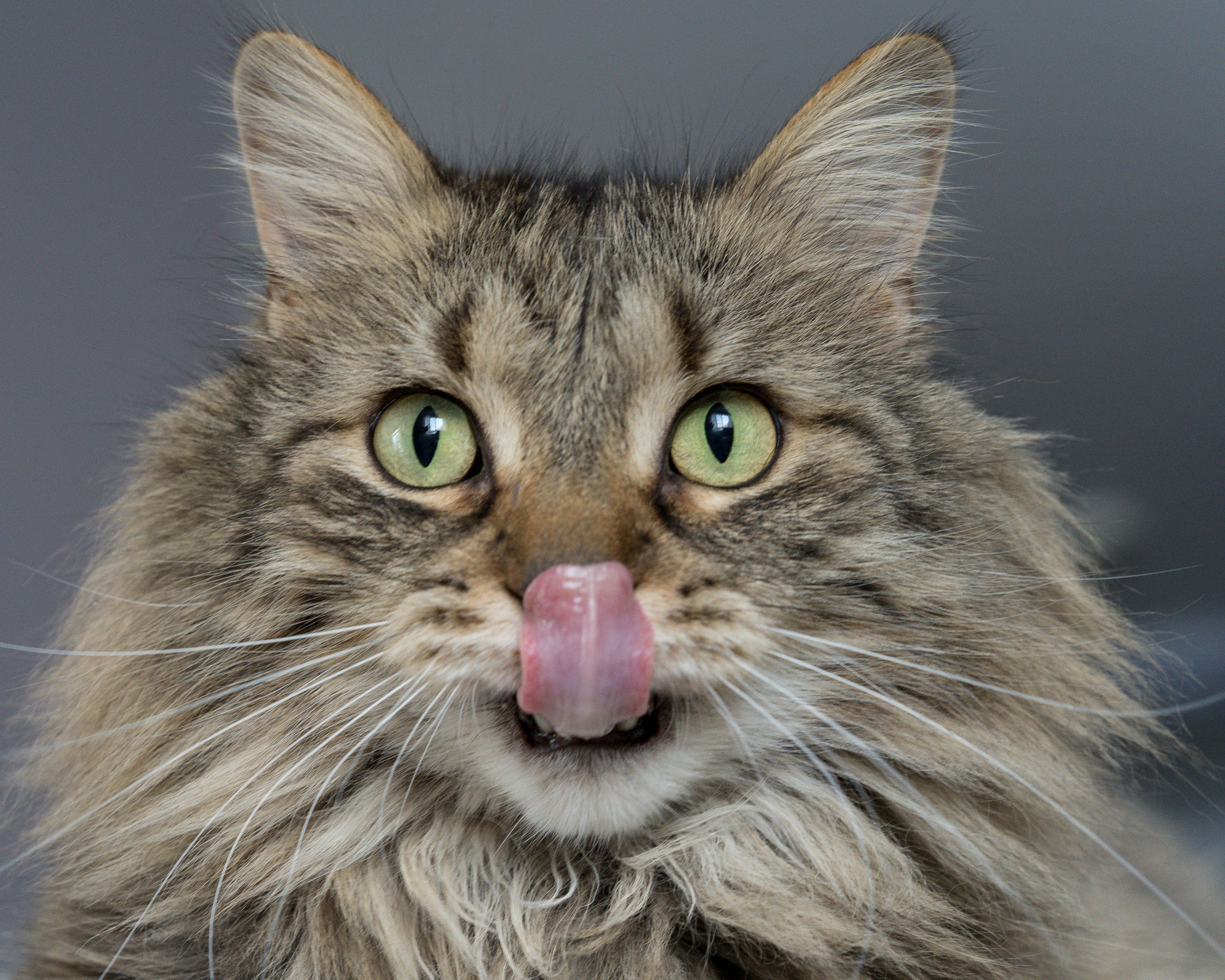How does a high-protein content help to promote urinary health?
The food your pet eats plays an integral role in their long term health and happiness. Balanced nutrition is an important part of the health of any pet and making sure your cat or dog has the right nutrition can be the key for a happy healthy life.

Cats are unfortunately prone to urinary issues therefore maintaining urinary health through diet is essential throughout their lives. One of the ways in which this can be achieved is with protein intake. Protein has a positive effect on water intake and urinary pH, two elements which are of great importance in urinary tract health.
- Protein and water intake
Increased water intake in turn increases the volume of urine and stimulates urination. However, this is difficult to achieve in cats, who naturally drink little water and produce very concentrated urine.
Until recently it was thought the only nutritional approach for stimulating water consumption involved providing a wet diet or raising the sodium levels within the food. An alternative strategy is now recognised and involves increasing the proportion of protein in the diet in order to naturally stimulate water intake and increase the excretion of urine. The way in which this works is simple. The body’s proteins are continually being renewed and are broken down in the liver cells. The nitrogen resulting from the breakdown of this protein is converted into urea and then excreted in the urine. By increasing the protein content of the pets’ diet it means that water from the body is drawn towards the renal tubules therefore increasing water ingestion and stimulating increased urination.
Studies in cats have also shown that water intake and urine volume were significantly higher when the high protein diet was given. This strategy has also been illustrated in studies with dogs too, with water intake and urine volume increasing with increasing dietary protein contributions.
- Protein and urine pH
Cats and dogs are carnivores and a carnivorous diet naturally results in acidic urine, this is due to the large amounts of amino acids in animal proteins. The benefit of ensuring that the pH of the urine of our domestic cats remains in the acidic safety zone is unanimously acknowledged. A high protein diet is therefore beneficial resulting in acidic urine which becomes more pronounced with proteins from an animal source. This is not the case with a high carbohydrate diet which results in alkaline urine.
- Positive protein effects
High-protein diets have a positive effect on urinary tract health, as a result of several complementary dietary action processes.
Proteins have the benefit of creating a urinary tract environment which is overall unfavourable for the formation of struvite crystals and stones due to:
All VETERINARY HPM® lifestage and clinical diets are based on a high-protein low-carbohydrate formulation that helps dogs and cats to achieve and maintain their optimal healthy weight and ideal body composition through a variety of physiological methods. This can be particularly important for those pets more predisposed to weight gain, such as those that have been neutered, with a sedentary lifestyle or breeds prone to increased body fat.
For clinically overweight pets, the VETERINARY HPM® weight loss diets will get your pet back in shape for a better quality of life – speak to your vet or vet nurse for an adapted weight loss programme.


